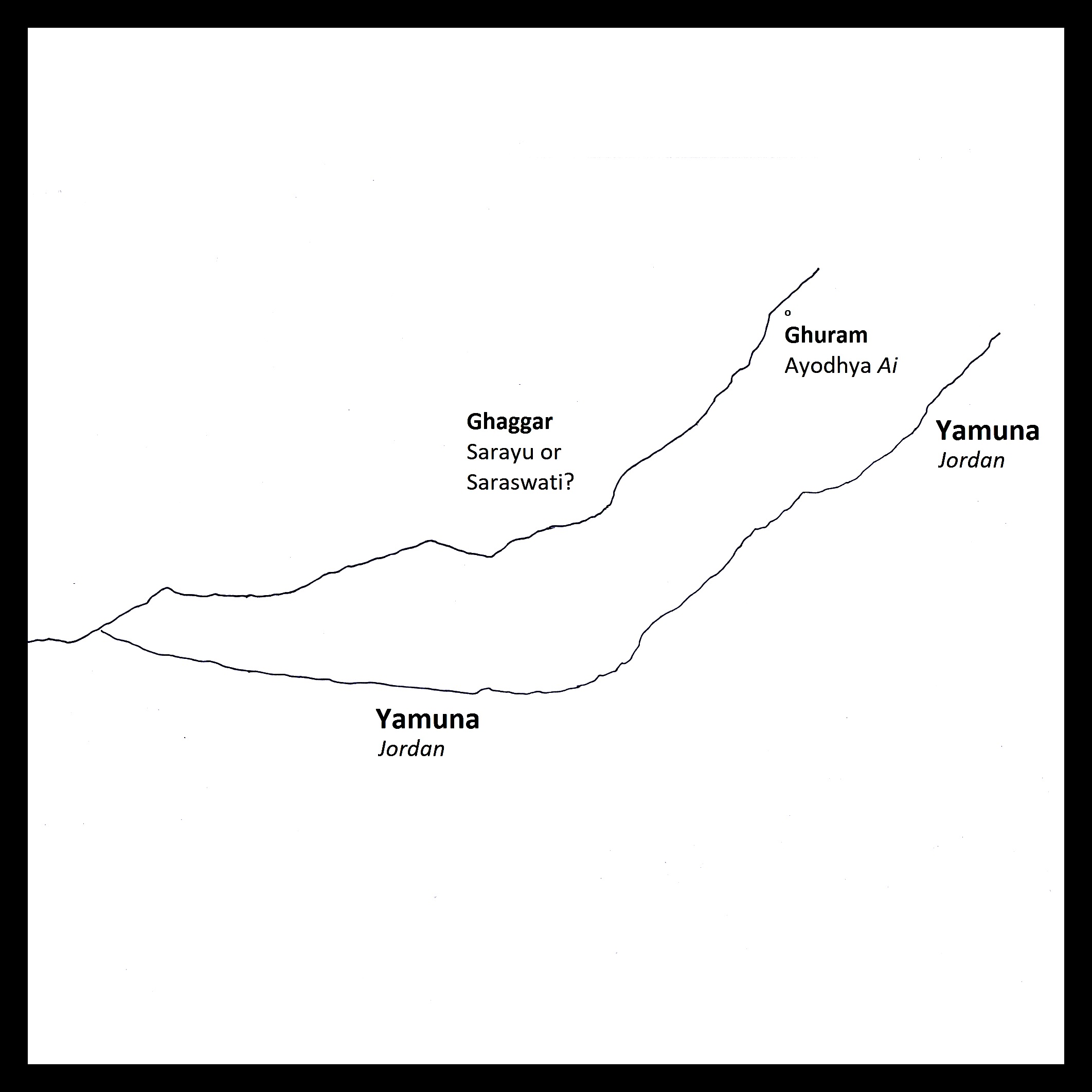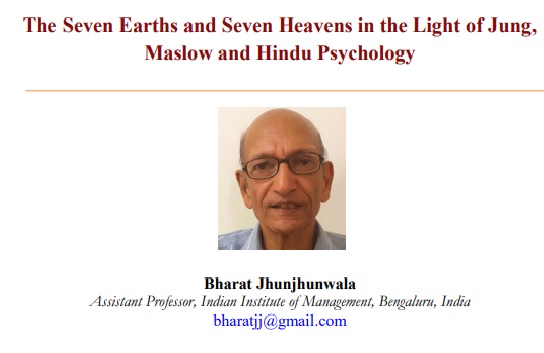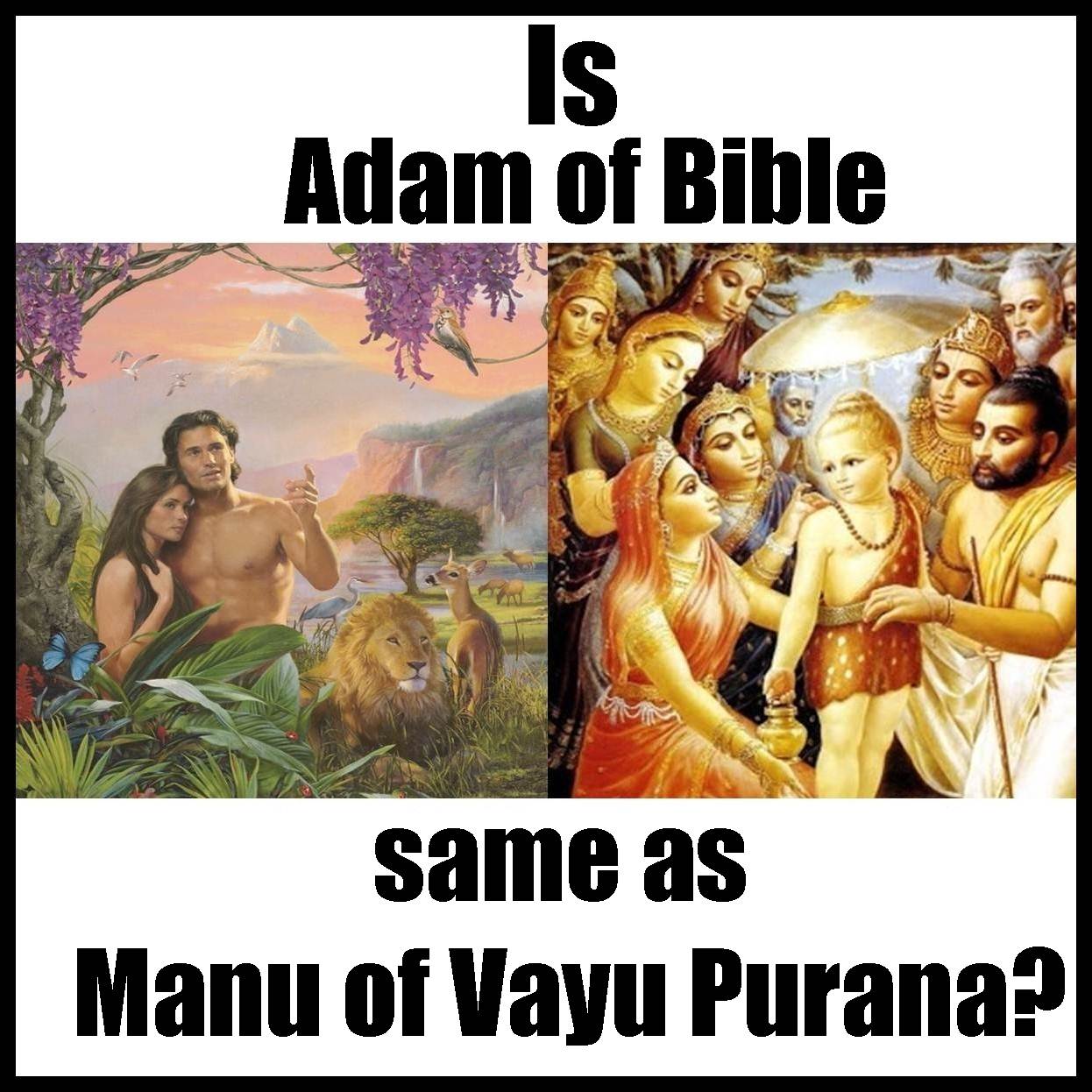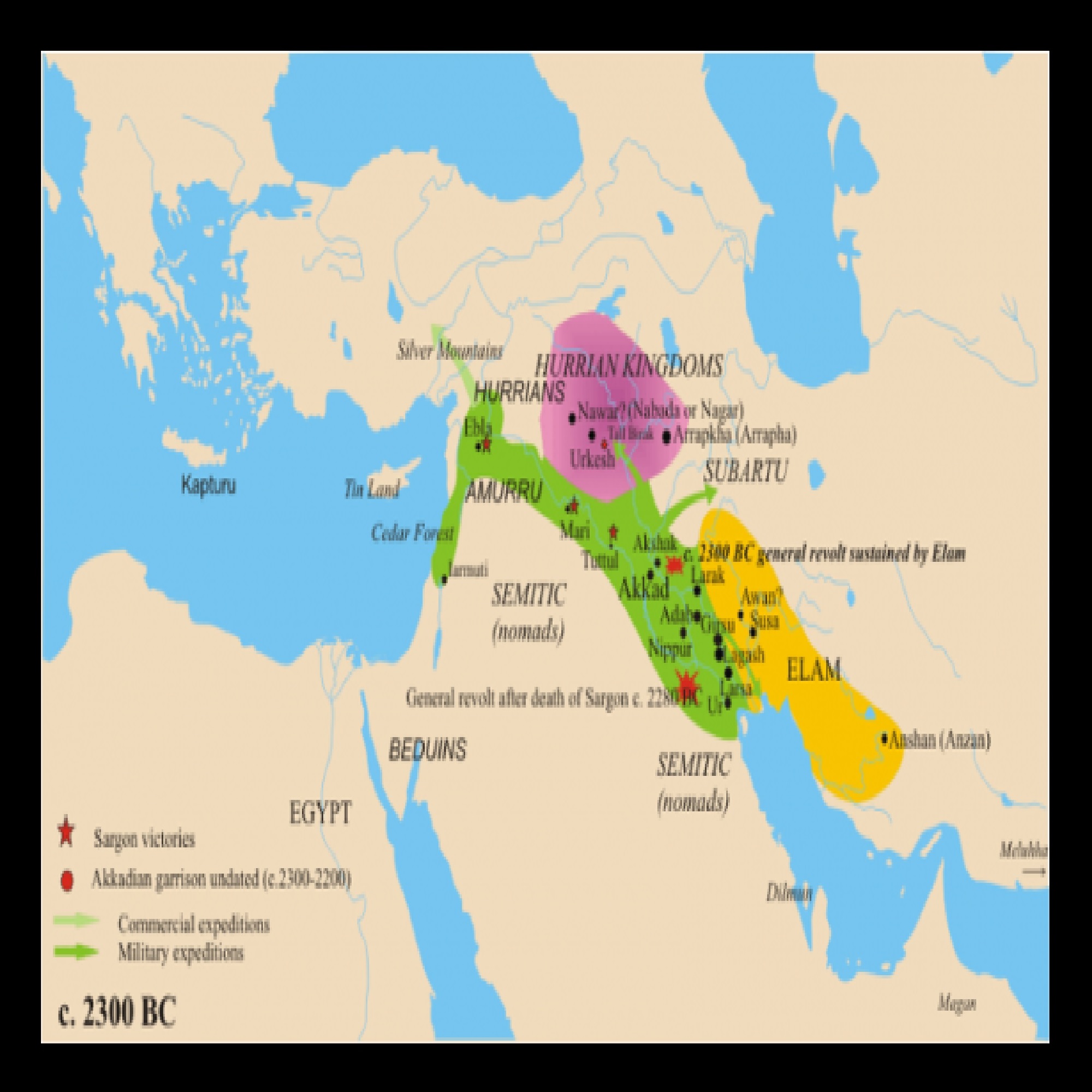Islamic scholars hold that Adam sinned in eating of the Tree of Knowledge. Our reading of the Holy Quran, however, suggests that Adam did not sin in eating of the Tree of Knowledge. Rather he sinned in delaying the eating…. of the Tree of Knowledge.This was a minor sin for which he repented and God forgave him for committing the same.
What did God tell Adam about the tree of knowledge?
“Lord said to the angels, ‘Indeed, I will make upon the earth a successive authority’” (2:30).
We may assume that Adam knew of the Tree of Knowledge since he was made an authority upon the earth.
“O Adam, dwell, you and your wife, in Paradise and eat therefrom in abundance from wherever you will. But do not approach this Tree of Knowledge, lest you be among the wrongdoers” (2:35).Then God told Adam:
Adam knew of the Tree of Knowledge. Yet, he did not eat these. Then God prohibited Adam from eating of the Tree of Knowledge. And, Adam continued the “not eating” by following the order literally.
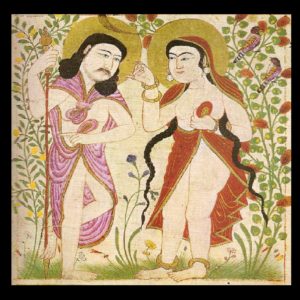
The Satan Prompts to Eat
But Satan… said, “Your Lord did not forbid you this Tree of Knowledge except that you become angels or become of the immortal” (Quran 7:20).
The Satan encouraged Adam and Eve to eat of the Tree of Knowledge. He assured them that they would not become wrongdoers as said by God. So Adam and Eve ate of the Tree of Knowledge.

Wearing Clothes and Cultivating Crops
Adam and Eve evolved after eating of the Tree of Knowledge:
“And when they tasted of the Tree of Knowledge, their private parts became apparent to them, and they began to fasten together over themselves from the leaves of Paradise…” (7:22).
They started to make clothes for themselves. Then God sent them to the earth:
And we said, ‘Go down, [all of you], as enemies to one another, and you will have upon the earth a place of settlement and provision for a time’ (7:24).
Anthropological studies indicate that man was earlier a hunter gatherer. He used to gather fruits of the trees and live off them. Then he started to cultivate crops. This was a step forward in the evolution of man. This appears to be captured in the statement that the earth would be a provision.
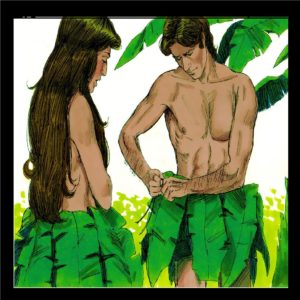
Negative Suggestion
Now we can recapitulate the story. Adam was the caretaker of the Garden and had access to the Tree of Knowledge. However, he did not eat of it. Then, God told him not to eat of it otherwise he would commit a sin. Yet Adam ate of it. After eating he developed the capacity to clothe himself with leaves and cultivate crops.
Adam was good before he ate of the Tree of Knowledge and he was better after he ate of it. So what could be the meaning of God prohibiting him and Eve from eating of the Tree of Knowledge that was so beneficent?
Adam was caretaker of the Garden. Perhaps he also knew that eating of the Tree of Knowledge would be good in some way. But Adam did not eat of it. Perhaps he was lethargic. Then, in order to prod him into eating of the Tree of Knowledge, God could have given him a “negative suggestion.” A mother may put some nourishing fruits before a child but he/she does not eat. Then the mother may say, “Do not eat the fruit.” The curiosity of the child could thus be aroused and he may eat the fruit. Similarly, God could have given a negative suggestion to prod Adam to eat of the Tree of Knowledge. But Adam took the “negative suggestion” literally and still did not eat of the Tree of Knowledge. Then God encouraged the Satan to plod them into eating of the Tree of Knowledge. Finally, Adam and Eve ate of the Tree of Knowledge and were benefitted as God wanted. They repented for not eating of the Tree of Knowledge earlier.
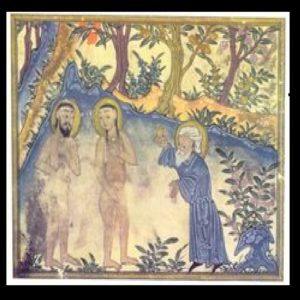
The sin of Adam, therefore, was not in eating of the Tree of Knowledge. Rather, his sin was in “not eating” of it despite him being a caretaker and knowing of its benefits.
Repentance:
And… Adam disobeyed his Lord and erred. Then his Lord chose him and turned to him in forgiveness and guided [him]” (20:121-122).
Question is what was the disobedience of Adam?
The conventional interpretation is that Adam disobeyed by eating of the Tree of Knowledge and repented for the same. This view holds that eating of the Tree was a sin. However, the results of the eating of the Tree were beneficent—clothes and plentiful food provided by earth. Thus the eating was good. Thus, God could not have meant to prohibit Adam from eating of the Tree.
An alternative interpretation is that Adam “disobeyed” his Lord in not eating of the Tree earlier although he was an authority over the earth. God “prohibited” Adam explicitly only to encourage him to eat of the Tree. Adam sought forgiveness of the Lord for the delay in eating of the Tree and the Lord forgave him.
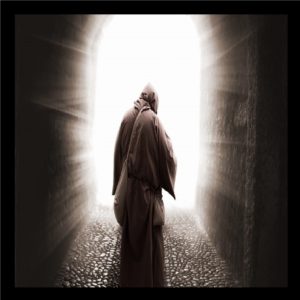
Both the interpretations are problematic. The conventional interpretation faces the problem of the beneficent results of the alleged wrongdoing of eating of the Tree. Our interpretation faces the problem of us reading into the narrative what is not said.
For more information on the theory of Common Prophets, Please like my FB Page One God One 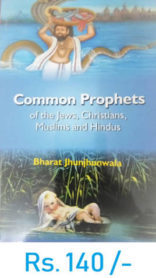 Religion, Subscribe my English channel One God One Religion, subscribe my Hindi Channel एक ईश्वर, and you may like to buy my book here.
Religion, Subscribe my English channel One God One Religion, subscribe my Hindi Channel एक ईश्वर, and you may like to buy my book here.

